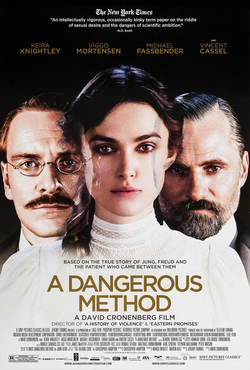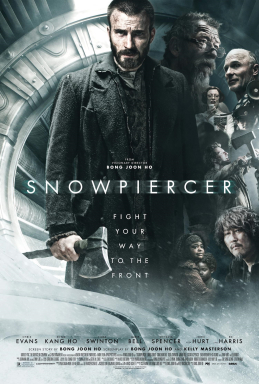78. The Ghost Writer (2010, dir. Roman Polanski)
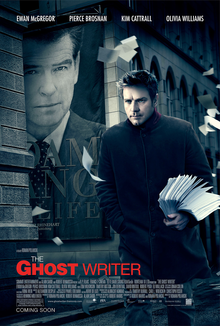
The better conspiracy films make the allure of the "inside" very attractive, and not simply for obvious gratification. What's intriguing here is the question of whether a conspiracy is worth exposing, which you may not know until it definitely is and now you're complicit. This film isn't a nailbiter or a shoe-stomper, but it is a charming/not-so-charming reminder that we (as McGregor's writer is our surrogate) don't really know what we don't know, but we do know that someone doesn't want us to know it. The final shot is a doozy.

The better conspiracy films make the allure of the "inside" very attractive, and not simply for obvious gratification. What's intriguing here is the question of whether a conspiracy is worth exposing, which you may not know until it definitely is and now you're complicit. This film isn't a nailbiter or a shoe-stomper, but it is a charming/not-so-charming reminder that we (as McGregor's writer is our surrogate) don't really know what we don't know, but we do know that someone doesn't want us to know it. The final shot is a doozy.


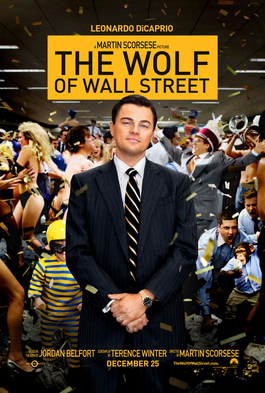

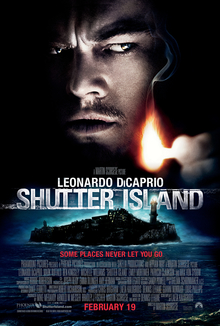
 Check out my podcast:
Check out my podcast: 

